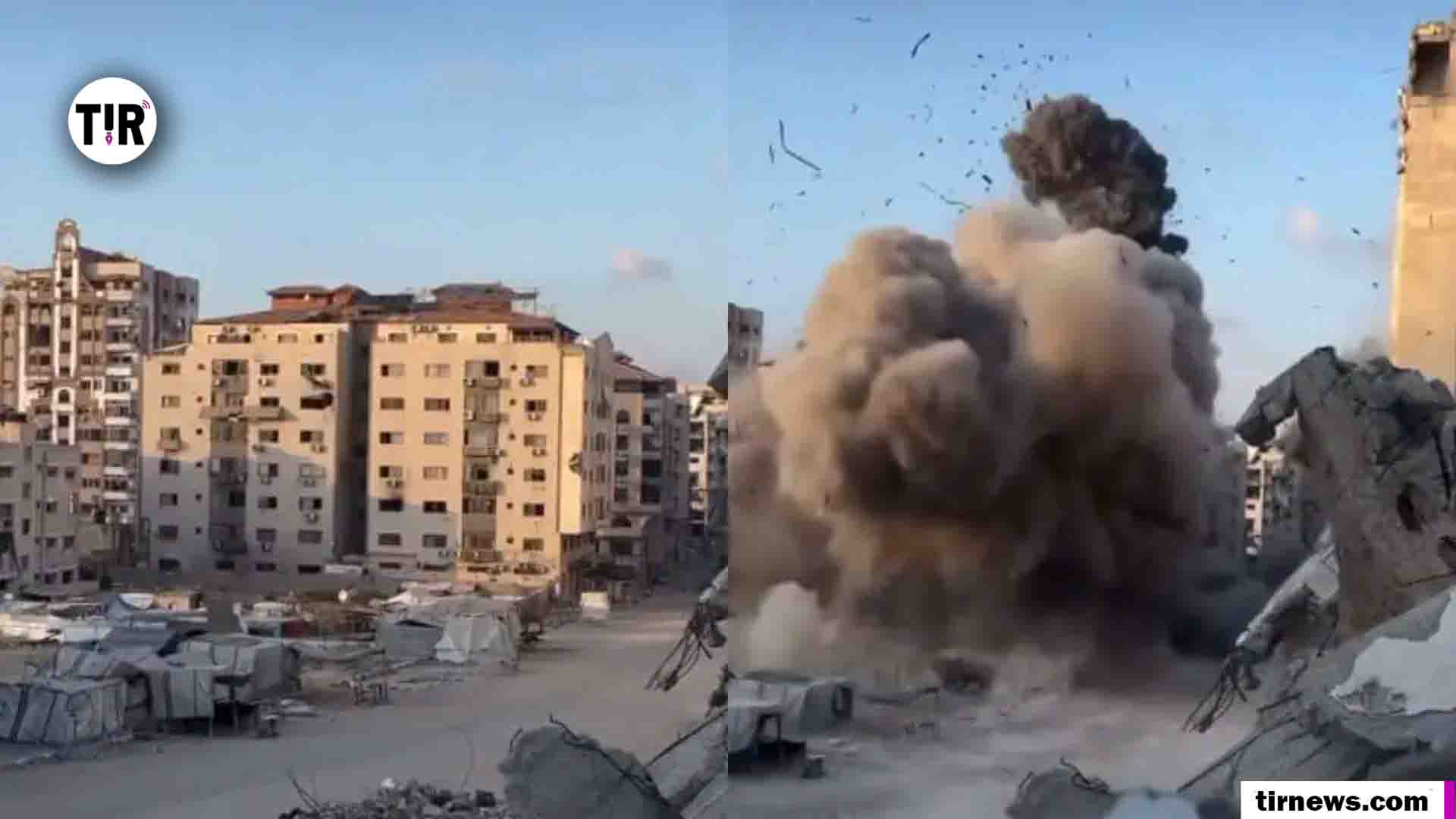The United Nations has raised alarms over the rapidly deteriorating humanitarian situation in Gaza, where fuel shortages and ongoing hostilities are severely crippling access to safe water for millions of residents. According to the UN Office for the Coordination of Humanitarian Affairs (OCHA), escalating violence and blockades are disrupting water production, distribution, and sanitation services, pushing the enclave toward an environmental and public health catastrophe.
OCHA stated that more than 70% of Gaza’s population is now dependent on limited humanitarian water aid. With fuel supplies critically low, key water facilities and desalination plants are operating far below capacity. The shortage has also impacted the transport of drinking water and the functioning of sewage treatment plants, leading to increased risks of waterborne diseases.
The report noted that Israeli airstrikes and shelling have further damaged water pipelines and reservoirs, while access restrictions continue to delay the delivery of essential fuel and repair materials. Aid workers warn that without immediate international intervention, Gaza faces an imminent collapse of its water infrastructure.
The UN has appealed for urgent fuel deliveries, protection of water-related infrastructure, and a halt to hostilities to prevent further deterioration. Human rights organizations have also called on the international community to ensure the basic rights of Gazans to clean water and sanitation are upheld amidst the conflict.



